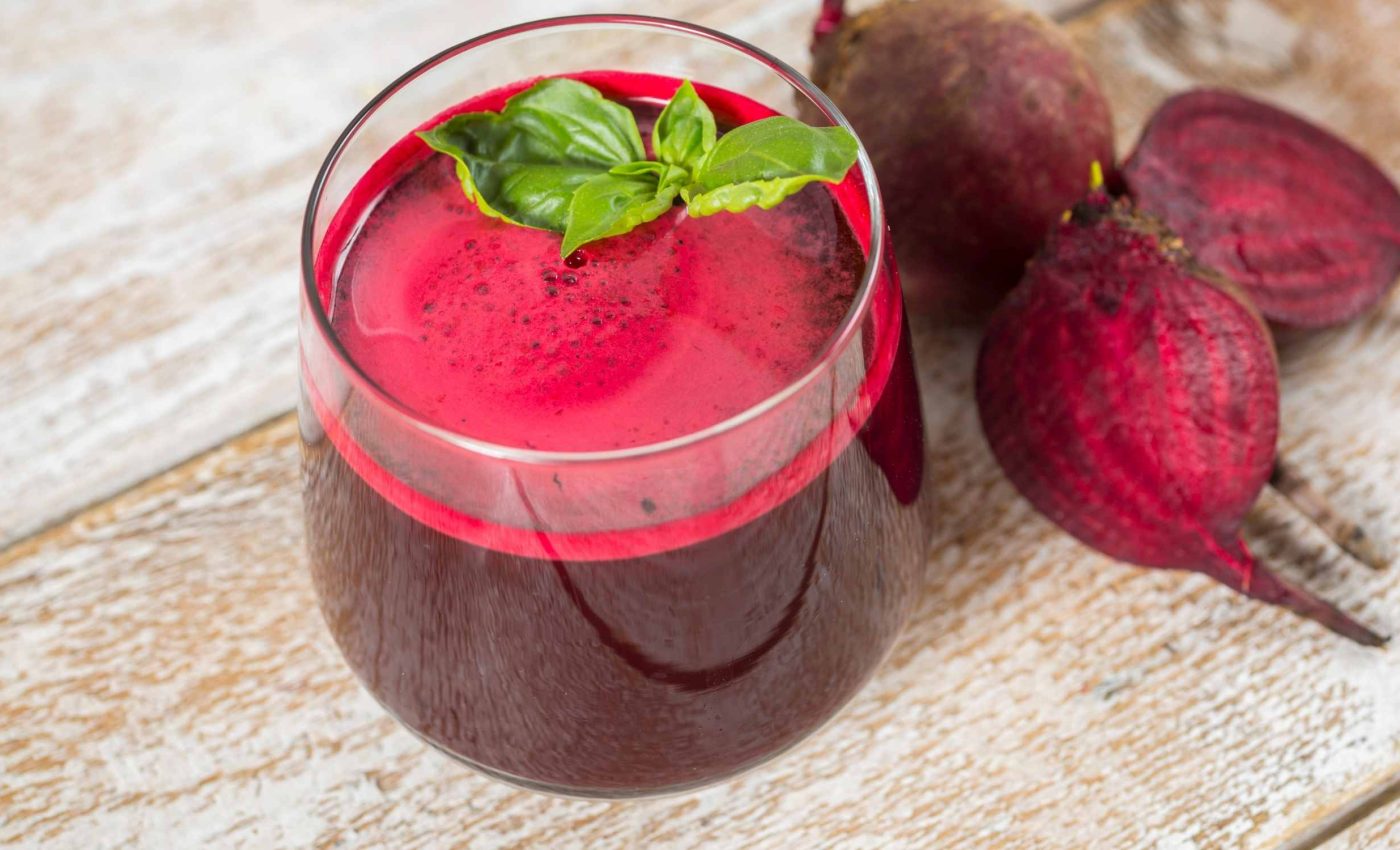
Drinking this juice helped teens swim faster with the same amount of effort
Ten teenage competitive swimmers in Portugal swam a repeated sprint set a little faster after drinking concentrated beetroot juice. Their strokes and effort scores looked the same, yet the clock showed an edge on the beetroot day.
The test mirrored a tough training set, eight short laps of about 55 yards with brief rests between all out efforts. That kind of work is common in competitive programs, so small changes in speed can matter for real races.
Inside the swimmer’s body
Beetroot juice is rich in nitrate, a compound in vegetables that helps the body produce more nitric oxide. That gas helps blood vessels relax slightly, which can improve blood flow to working muscles during hard exercise.
During very hard efforts, muscles rely on glycolytic, using stored sugar in muscle fibers for quick bursts of energy. Those pathways create acidic by products that make each pull feel heavier.
The work was led by Luis Leitão, a sports scientist at the Polytechnic Institute of Setúbal in Portugal (IPS). His research focuses on how training methods and nutrition affect performance in young competitive swimmers.
A large review of human trials reported that moderate nitrate doses taken a few hours before exercise can improve endurance for some people.
These effects do not appear in every study or for every type of event, but they have drawn close attention from sports scientists.
Testing beetroot juice on swimmers
In the Portuguese experiment, ten competitive swimmers were between 13 and 16 years old and raced at a strong regional level. Each of them trained in the pool at least five times per week.
The researchers used a double blind, a setup where neither swimmers nor testers knew who drank which drink. They also used a cross over design so that every participant completed both the beetroot and comparison trials.
On one visit, swimmers drank 140 milliliters of concentrated beetroot juice that provided about 12.8 millimoles of nitrate.
On the other visit, they drank the same volume of beetroot flavored juice with almost all of the nitrate removed.
They took their drinks about two and a half hours before the main set to match the usual rise in blood nitrite. Before each trial, swimmers avoided mouthwash and high nitrate foods so bacteria could convert nitrate into nitrite.
Faster sets without heavier strokes
When times from the whole training set were analyzed together, beetroot juice produced faster average laps than the nitrate free drink. The slowest effort in each trial was also quicker on the beetroot day.
Stroke timing data showed that key stroke characteristics changed very little between beetroot and placebo days.
Stroke length, stroke frequency, and a combined efficiency score stayed almost the same, pointing away from technique changes as the main reason.
Blood tests confirmed that lactate levels rose sharply after the set under both conditions, reaching values typical of very intense swimming.
Swimmers also reported identical effort using a rating of perceived exertion, a simple number scale where zero feels easy and ten feels all out.
“BRJ could enhance swimming performance,” said Leitão. Taken together, those findings suggest that beetroot juice helped the swimmers gain a little speed without extra strain or disruption of technique.
Other beetroot juice research
Sports scientists have seen similar hints in other sports, where beet based supplements sometimes help repeated high intensity efforts separated by brief rests.
A detailed review concluded that beetroot juice can improve repeated sprint performances by speeding recovery of energy stores in fast twitch muscle fibers.
Some swimming specific studies have not found a clear performance gain, especially in single time trial style tests.
An experimental trial in trained swimmers reported that nitrate supplementation had a trivial effect on performance in a 168 yard backstroke swim.
In contrast, a study followed eleven female university swimmers who drank nitrate rich juices for eight days. They recorded faster times in 55 yard sprint repeats and an 800 yard swim, a pattern suggesting nitrates matter when fatigue begins to build.
More recently, another research team tracked national level teenage swimmers over six maximal 110 yard repeats and saw no overall time change with beetroot juice.
However, they observed signs of better recovery and slightly lower perceived effort in some of the repeats when swimmers had taken the supplement.
Lessons from beetroot juice trials
For coaches designing sets that push sprint endurance, this work hints that nitrate rich beetroot juice might help some swimmers tolerate tough intervals.
Still, the study involved only ten adolescents in a tightly controlled protocol, so it cannot show how beetroot juice works over a full season.
Beetroot juice is just one small part of a much bigger picture that includes training quality, sleep, and overall nutrition.
Even when an ergogenic aid shows benefits in studies, a substance that athletes use to improve performance, the improvements are only a few percent and not everyone responds.
There are safety and fairness issues, because swimmers with blood pressure problems, kidney disease, or medications need medical guidance before using concentrated nitrate sources.
Sport governing bodies also vary in how they view concentrated supplements, so families should check current rules before experimenting.
These findings in youth swimmers raise questions about how small changes in muscle efficiency and effort perception might add up across a season.
Future work will need larger samples and more detailed physiology measures to show how this drink changes what happens inside working muscle.
—–
Like what you read? Subscribe to our newsletter for engaging articles, exclusive content, and the latest updates.
Check us out on EarthSnap, a free app brought to you by Eric Ralls and Earth.com.
—–













